Is Erdogan leaving?
Evidence is growing that Turkey's President Recep Tayyip Erdogan is ailing, and that could be bad news for the country's politics, writes "Foreign Policy" (FP).
Wednesday, 06.10.2021.
23:55
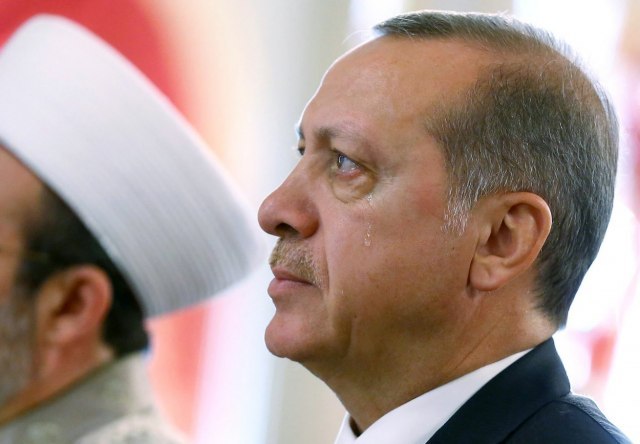
Is Erdogan leaving?
Since 2019, Turkish experts, journalists and pollsters have been following closely Turkey's general election scheduled for 2023. Probably because the ruling Justice and Development Party (AKP) suffered a humiliating defeats in its 2019 local elections' mayoral candidates in Turkey's major population censters, including Istanbul. Regular polls since those elections reveal that the AKP's popularity is "soft", although it maintained its grip on Turkish institutions and the media. And it seems that Turkish President Erdogan is no longer welcome, especially among young people.Erdogan may be really vulnerable ahead of the 2023 elections, but not necessarily for the reason that most people would think - there are signs that the Turkish president may be too ill to run for re-election at all, writes FP.
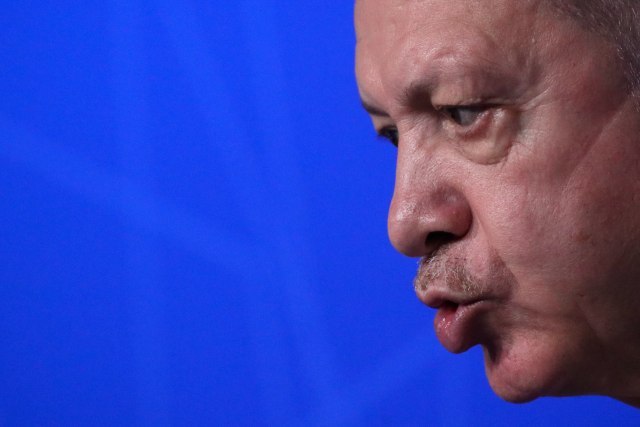
Some of them are less clear, but all together they raise some obvious questions about Erdogan's health. In one video, for example, it seems that the president needed the help of his wife and assistant as he went down the stairs.
In another, he seems to shuffle and have some difficulty walking at Anitkabir, the mausoleum of Turkey’s founder Mustafa Kemal Ataturk.
And, in a video that received considerable attention this past July, Erdogan seems to fade out and slur his words during a televised holiday greeting to AKP members. At times, he has looked quite gaunt. In tandem with this footage are rumors about the president’s health—including stories alleging he has been dealing with increasing forgetfulness, bouts of breathing problems, confusion, vomiting, and the implantation of an internal defibrillator. According to these allegations, the president has increased the number of doctors around him, reduced encounters with the press and is taking painkillers before public events, according to the FP.
Of course, such rumors are often repeated by people outside Turkey or those who are far from the president's inner circle, so the allegations of Erdogan’s coming demise might just be idle chatter, the FP points out on its website. After all, the portal points out, in other videos, he seems to be perfectly fine. When he appeared on the CBS show "Face the Nation" on September 26, he may not have looked as vigorous as he used to, but he is still 67 years old - not too old, but not young - and he has been in power for more than 18 years, which has to take a toll.
What if Erdogan is really sick?
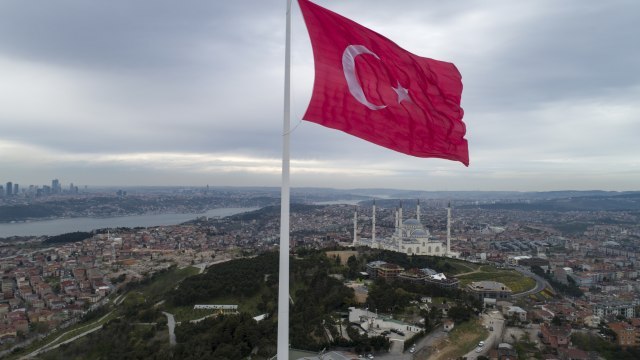
According to Article 106 of the Turkish Constitution, Vice President Fuat Oktay would assume the responsibilities and powers that Erdogan now possesses, until the elections are held (45 days) and the new president is sworn in.
It's pretty straightforward and standard. Turkish analysts have long speculated that in post-Erdogan's Turkey, the AKP will split off in ways that will pave the way for competitive elections that could be won by any of Turkey's major opposition politicians. Perhaps it could be Ekrem Imamoglu, who defeated a former AKP prime minister twice, to become mayor of Istanbul. His counterpart in Ankara, Mansur Yavas, is a formidable politician. And then there is Meral Aksener, leader of the Good Party, with a reputation for being tough as nails.
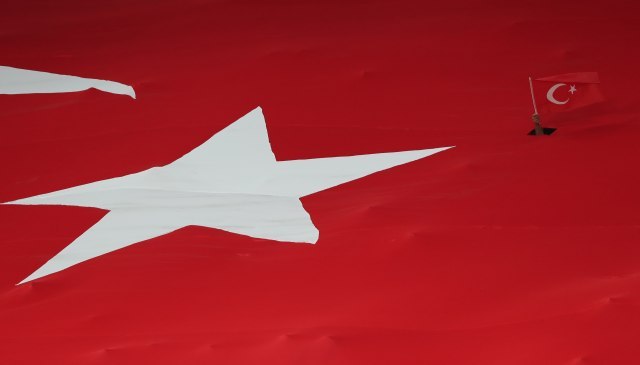
It is possible, but there are grounds for skepticism. First, it should be clear by now that Erdogan, through the AKP, has either hollowed out or bent Turkey’s political institutions to his will.
In this context, it is hard to imagine that an election organized in 45 days could be free and fair. Secondly, there is the fact that during Erdgoan's almost two-decade rule, people from the inner circle of the AKP became wealthy and powerful, often through controversial means and practices.
It seems unlikely that officials, businessmen, media personalities, and others would so readily risk their gains by submitting themselves to the uncertainty of more democratic politics.
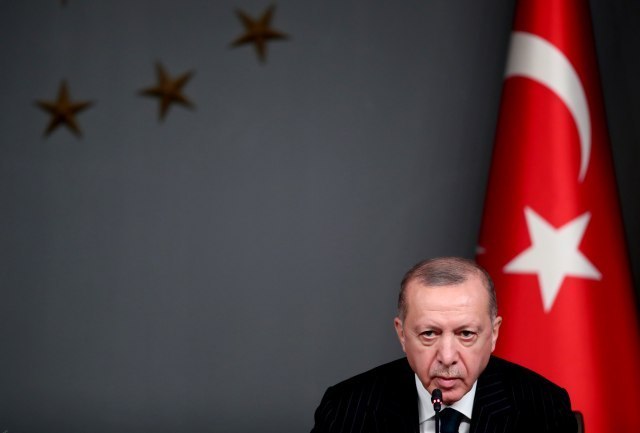
Of the three, Akar seems to be best positioned to assume leadership. Fidan is well known to the Turks, but he mostly operates behind closed doors of the National Intelligence Organization.
Soylu is "damaged goods", according to the FP, after the Turkish mafia boss Sedat Peker pointed out that the minister was corrupt and connected with organized crime in a series of recordings posted on "YouTube" in recent months.
Akar also has one great advantage over Fidan and Soylu - the armed forces.
Analysts have sought to ignore the military's role in Turkish politics since reforms in 2003 and 2004 brought the armed forces under civilian control. The failed coup in 2016 - during which a large number of Turks independently of politics refused to return to the system of military tutoring combined with the subsequent purges of officers - seemed to have broken the will of commanders to play a role in politics.
However, Akar, the chief of staff during the coup attempt and then the defense minister, played a central role in reshaping the armed forces after July 2016, which could put the military in a position to play a political role again - in support of Akar, according to FP.
Turkey is more politically unstable today than ever in recent years. In the five years since the coup, the minister has been responsible for appointing close to 65 percent of officers, including hundreds of generals and an even higher percentage of non-commissioned officers.
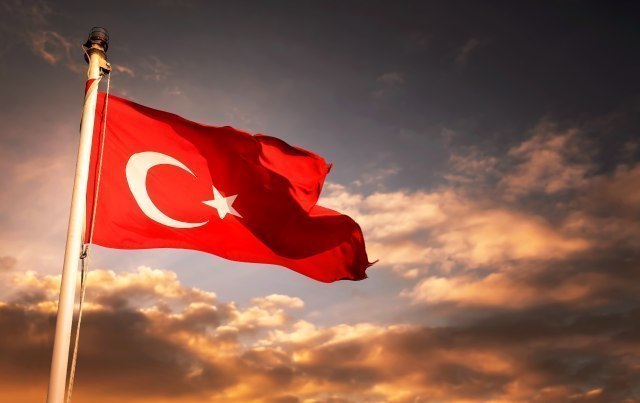
If the president is incapacitated or dies, that leaves Akar in a very powerful position.
"Akar was also the official directly responsible for Turkey’s aggressive posture in the Mediterranean during the summer of 2020 that pitted Ankara against its own NATO allies Greece and France. It would be hard for the defense minister to approximate Erdogan’s political skill and charisma, but with the loyalty of the bulk of the officer corps, he would not need to—at least initially", FP reports. There is, of course, no way of knowing the actual state of Erdogan’s health or who might succeed him, the Foreign Policy states, but analysts and government officials do themselves no service by assuming that Erdogan will make it to the 2023 elections. If he does not, Turkish politics may snap back to something resembling the status quo ante, or the fissures in the AKP may present opportunities for the opposition, or the country may become more unstable, or something else may happen.
"For years, the foreign-policy community imagined that Egypt would pass from Hosni Mubarak to either his son Gamal Mubarak or his head of intelligence, Omar Suleiman. It turned out to be neither. It would be an even bigger mistake to ignore the signs that the Turkish president may be deteriorating and hope against hope that things will work out", Foreign Policy concludes.


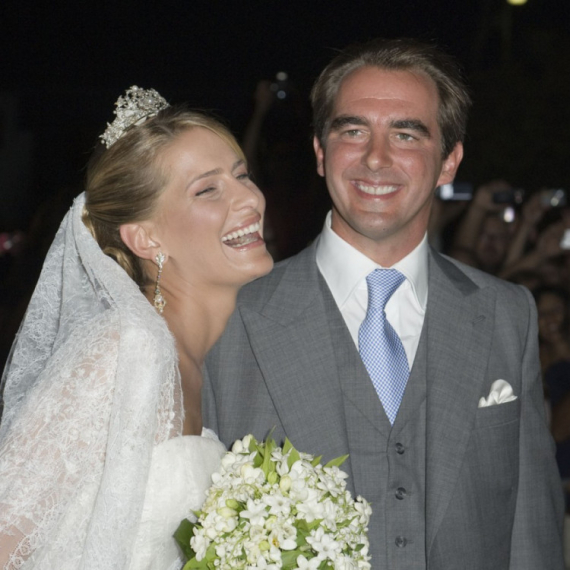








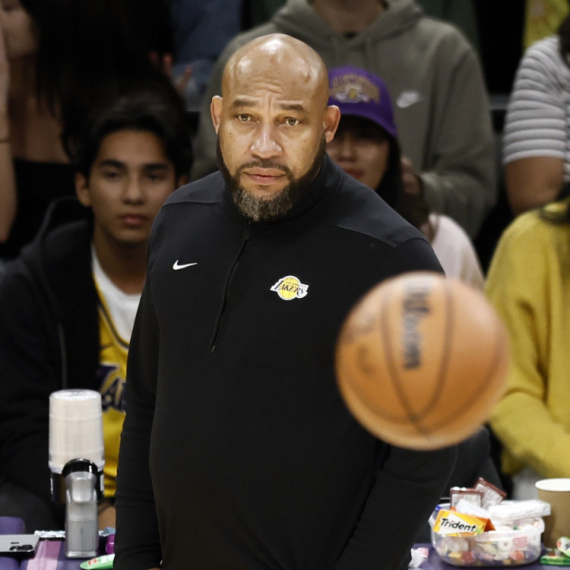

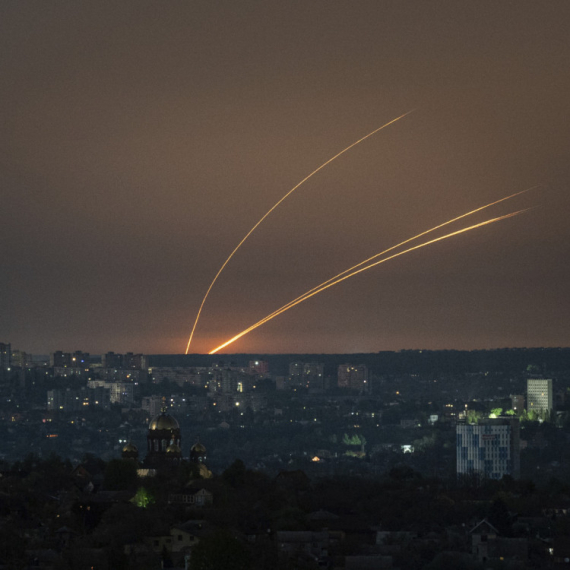


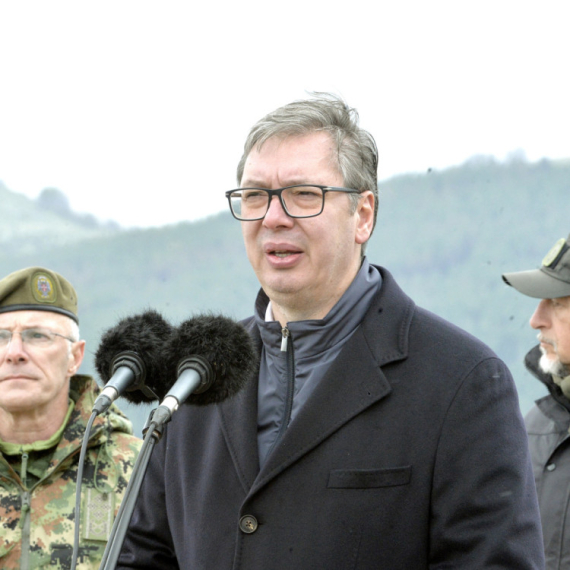

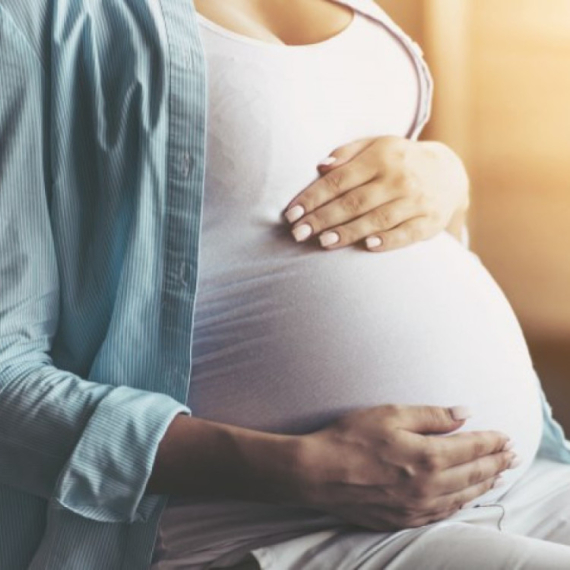













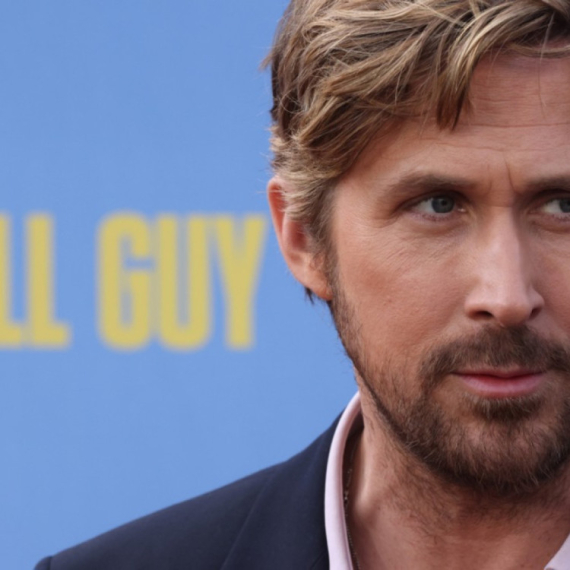






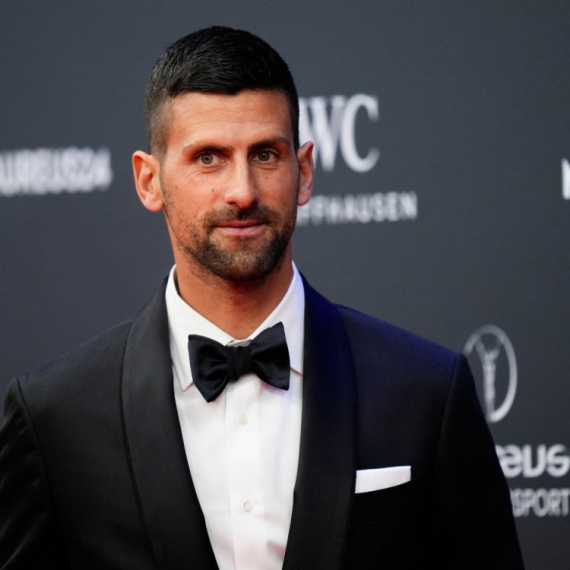


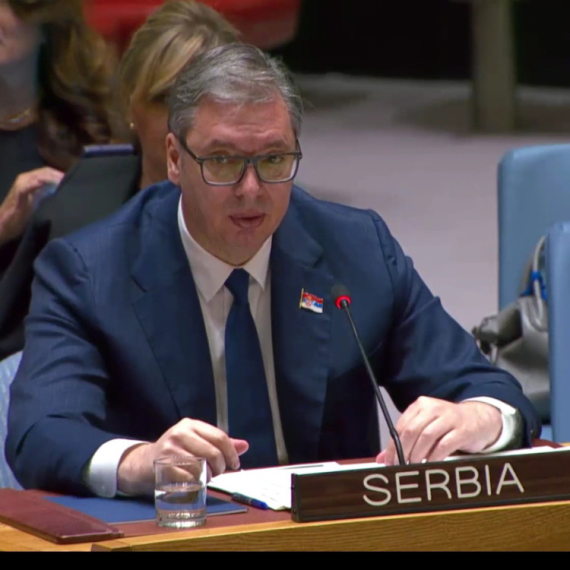

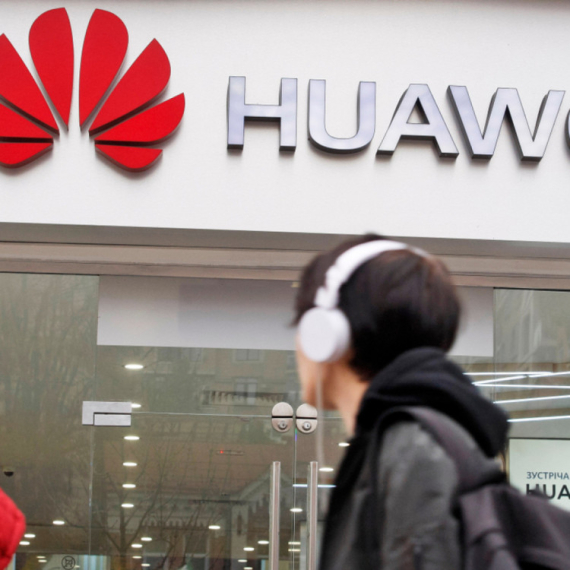



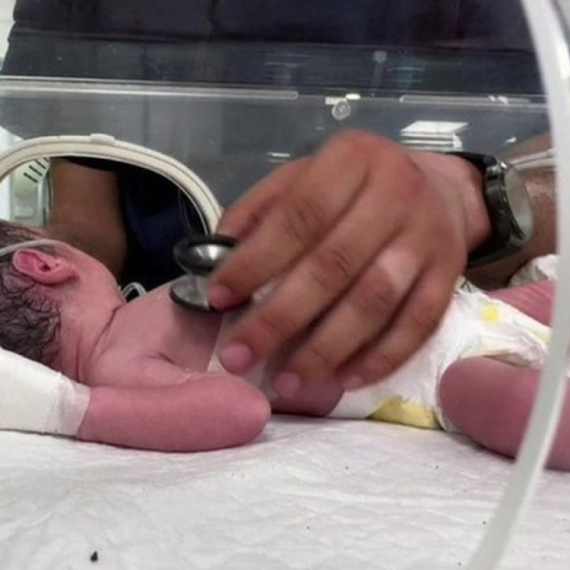

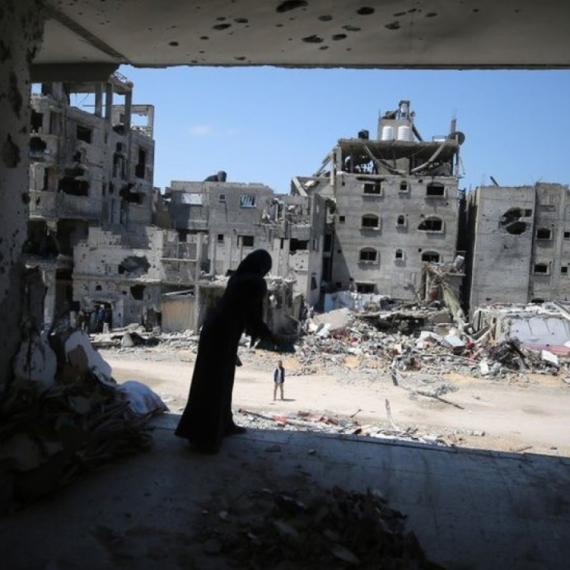
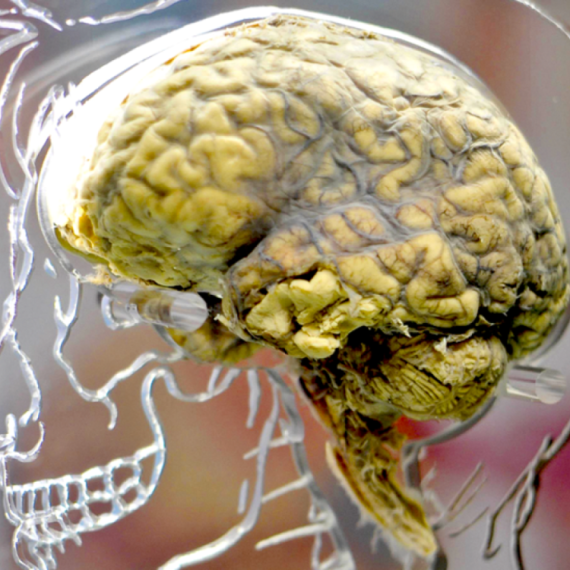


Komentari 0